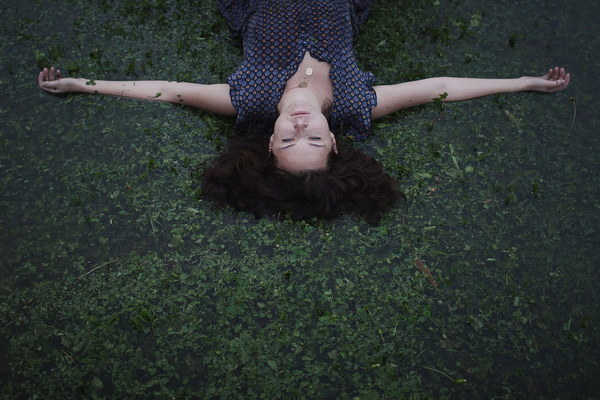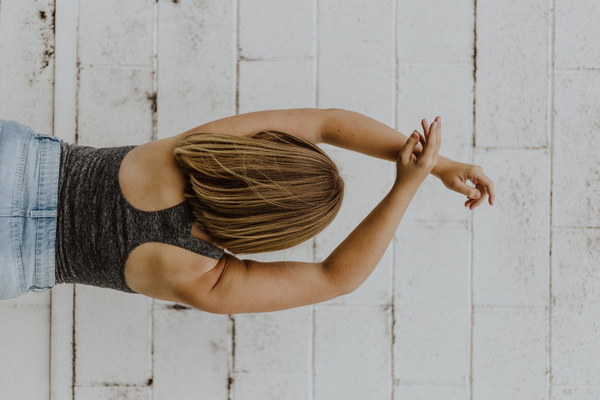Head Treatment A Soothing Solution That Leaves You Feeling Tired
In the fast-paced world we live in, stress and tension have become common companions. Many people turn to various methods to find relief, and one such method is head therapy. This ancient practice, which involves massaging the head and scalp, is not only beneficial for the hair and scalp but also has a surprising side effect: it can make you feel tired. Let's delve into the world of head therapy and understand why it might just be the perfect solution for those seeking relaxation.
Head therapy, also known as scalp massage or head massage, is an ancient practice that has been around for centuries. It originated in India and has been used to treat a variety of conditions, including stress, anxiety, and headaches. The technique involves using fingers, thumbs, and knuckles to apply pressure to the scalp and hair, promoting blood circulation and relaxation.
The first thing you might notice after a head therapy session is how relaxed you feel. This is because the therapy stimulates the release of endorphins, which are the body's natural painkillers and mood elevators. As the tension in your muscles and scalp melts away, you may experience a deep sense of calm and peace.
But there's another effect of head therapy that might catch you off guard: it can make you feel tired. This might seem counterintuitive, but it's a common occurrence. Here's why:
1. Relaxation: As mentioned earlier, head therapy releases endorphins, which not only make you feel good but also help you relax. When your body is relaxed, it may naturally enter a state of drowsiness, leading to fatigue.
2. Improved blood circulation: The massage increases blood flow to the scalp and head, which can also improve blood circulation throughout the body. This increased circulation can lead to a feeling of tiredness, as the body's systems are working harder to distribute oxygen and nutrients.
3. Reduction in stress: Stress is a major contributor to fatigue. Head therapy helps reduce stress levels by relaxing the mind and body, leading to a more rested state.
4. Enhanced sleep quality: Many people report that after a head therapy session, they have a more restful night's sleep. This is because the therapy promotes relaxation, making it easier to fall asleep and stay asleep.
To maximize the benefits of head therapy, it's important to find a qualified therapist who can provide a customized treatment tailored to your specific needs. Here are a few tips for finding the right therapist:
1. Research: Look for therapists with experience in head therapy or scalp massage. You can ask friends, family, or your primary care physician for recommendations.

2. Check credentials: Ensure that the therapist is licensed and insured, and has completed the necessary training to perform head therapy.
3. Ask questions: During your initial consultation, ask the therapist about their approach to treatment, their experience, and any specific techniques they use.
4. Trust your instincts: If you feel comfortable with the therapist and their approach, it's likely you'll have a successful and relaxing experience.
In conclusion, head therapy is a fantastic way to relax and unwind, and it may even leave you feeling tired. By promoting relaxation, improving blood circulation, and reducing stress, head therapy can help you achieve a state of calm and well-being. So, the next time you're feeling rundown and in need of a little rest, consider giving head therapy a try. Who knows? You might just find the perfect solution to your fatigue.









